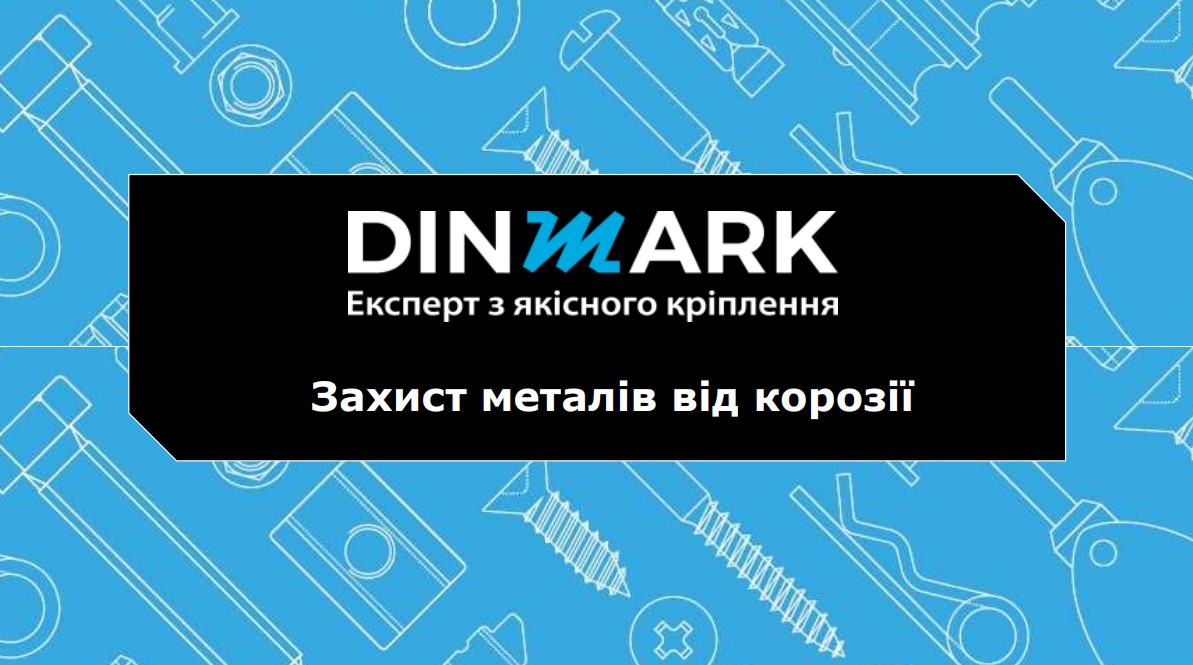The biggest problem of all metals is corrosion. Absolutely all metals are susceptible to it, even such as stainless steel. All installed systems begin to rust sooner or later, especially when the appropriate factors have not been properly considered during the selection of fasteners.
In 2017, Tesla recalled 123,000 cars. The reason for this decision is simple - corrosion of power steering bolts in regions with a cold climate, which can cause fatal consequences when driving a car.
What is corrosion?
Corrosion is a reaction of a metal material with the environment, which causes changes in the material and can lead to deterioration of the functioning of the component or the entire system.
Corrosion cannot be avoided, but the damage caused by this corrosion can be avoided if appropriate protective measures are properly planned. The corrosion-resistant system of the screw assembly must be at least as corrosion-resistant as the elements that are connected to each other.
Let's consider what types of corrosion there are:
|
Surface corrosion |
Crevice corrosion | Contact corrosion |
Surface corrosion - is one of the most common types of corrosion. In the presence of a wet environment, or in an inert liquid, a uniform layer of rust forms on the surface of unalloyed or low-alloyed steels.
Crevice corrosion - each crevice attracts wet moisture due to the capillary phenomenon. Inside the fault, moisture is quickly depleted of oxygen, causing an adiabatic corrosion reaction.
Contact Corrosion - When two materials come into contact with each other in the presence of moisture (electrolyte), an electrical potential is created. As a result, the potential difference causes a corrosive current flowing from a non-noble, anodically interacting metal to a more noble cathodically reactive metal. As a result of the anodic reaction, ions of a more base metal are released. This means that the metal is subject to corrosion.
Protection of metals from corrosion
The design engineer's job is to decide on the necessary corrosion protection measures. Here, the wear reserve of the corrosion protection system and the environmental conditions should be taken into account.
Various coatings are used to protect against corrosion:
Non-metallic coatings:
- Rubbing with oil - is a short-term method of protection against corrosion, suitable, for example, during transportation.
- Polishing (immersion in acid or alkaline solutions) - suitable for cleaning weapons, calibers and measuring equipment
- Phosphating - cold forming of steel, combination with corrosion protection agents, wear reduction during manganese phosphating, primer for a varnish layer.
Metal coating:
- Electrogalvanized - used in areas with a low to medium corrosion effect, for example mechanical engineering, electrical engineering.
- A layer of galvanic alloy - in places with a strong influence of corrosion - for example, components in the engine compartment, or brakes, where the usual galvanic coating is not able to cope not only due to high temperature, but also due to the influence of salt.
- Electro-nickel-plated - where there is very low corrosion: mainly decorative elements
- Electrochroming - where corrosion is very low: mainly decorative elements
- Mechanical galvanizing - locking washers, high-strength spring components.
- Hot galvanizing - fasteners for steel structures
Other types of coverage:
- Realization - special hard nickel plating
- Brass coating - mainly used for decorative purposes
- Copper - is an intermediate layer between nickel plating and chrome plating
- Silver coating - decorative purposes
- Tinning - improving the soldering ability
- Anodizing - is a protective layer against corrosion. For decorative purposes (almost all color schemes are available)
- Ruspert - zinc-aluminum coating
- Bluing - decorative purposes
- Seepage.
You can buy a high-quality fastener with reliable protection against corrosion in our online store.


